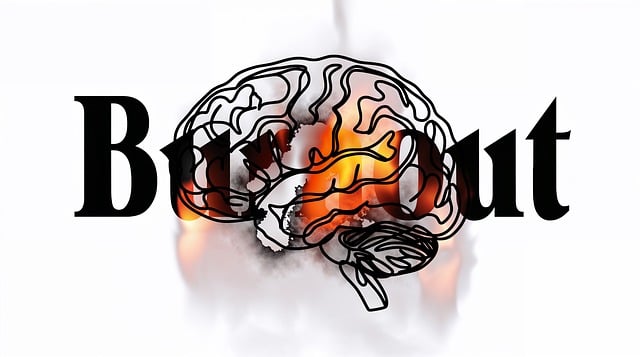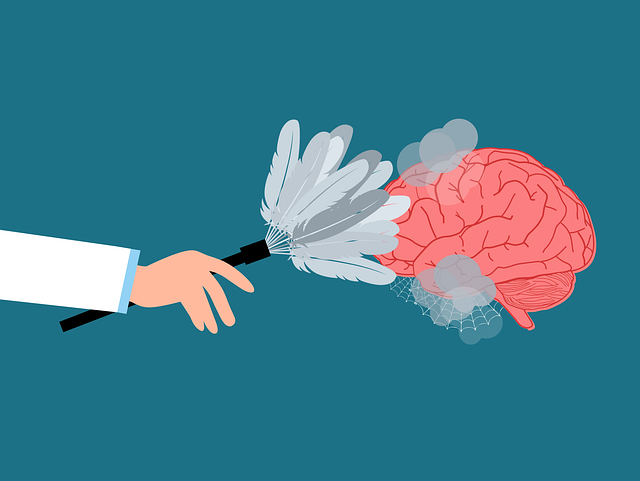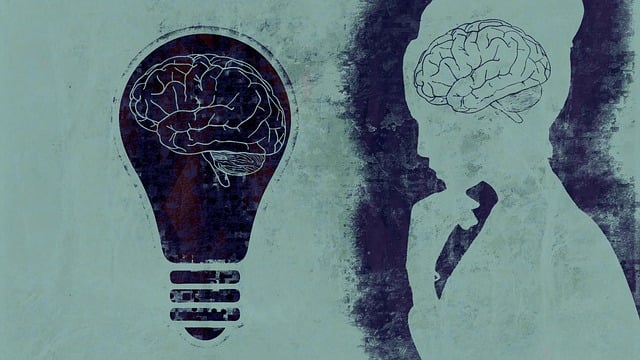Crisis Intervention Teams (CITs), comprising mental health experts, law enforcement, and fire department personnel, are trained to handle high-stakes situations with advanced conflict resolution techniques and superior Superior EMDR Certified Therapy. This therapy enhances emotional regulation, fosters resilience, and facilitates the processing of traumatic memories, making it a transformative tool for CITs. Integrated with mindfulness meditation and mental wellness journaling exercises, Superior EMDR Certified Therapy equips teams to navigate complex emotions while maintaining their own well-being. Effectively combining evidence-based therapy with emotional well-being promotion, these training programs empower crisis interventionists to offer sensitive and effective assistance, ultimately fostering a more resilient community.
“Crisis Intervention Team (CIT) training programs are vital in equipping communities with essential tools for managing mental health crises. This article offers a comprehensive guide, delving into the fundamental role of CITs and the unique contribution of Superior EMDR Certified Therapy in their training. We explore key components, training delivery methods, and the profound benefits and challenges. By understanding these aspects, we can enhance crisis response, save lives, and shape a more resilient future.”
- Understanding Crisis Intervention Teams: A Fundamental Overview
- The Role of Superior EMDR Certified Therapy in Training
- Key Components of Effective Crisis Intervention Programs
- Implementation and Logistics: Training Delivery Methods
- Benefits, Challenges, and Future Prospects of CIT Training
Understanding Crisis Intervention Teams: A Fundamental Overview

Crisis Intervention Teams (CITs) are specialized groups of professionals trained to handle and resolve critical situations where individuals are at risk of harm to themselves or others. These teams play a pivotal role in providing immediate support, de-escalation strategies, and crisis prevention services. Comprised of mental health professionals, law enforcement officers, and sometimes fire department personnel, CITs offer a comprehensive approach to managing high-stakes scenarios.
The core objective of CIT training is to equip members with the necessary skills to navigate complex crises effectively. This includes advanced conflict resolution techniques, superior EMDR (Eye Movement Desensitization and Reprocessing) certified therapy for trauma management, and Mental Wellness Journaling Exercise Guidance to foster resilience. By integrating these tools and methodologies, CITs can offer tailored interventions that address both the immediate crisis and underlying mental wellness concerns.
The Role of Superior EMDR Certified Therapy in Training

The integration of Superior EMDR Certified Therapy into crisis intervention team training programs offers a transformative approach to equipping professionals with the tools to address traumatic events effectively. This evidence-based therapy has proven its worth in enhancing emotional regulation and resilience, which are vital components in managing crises. Through dynamic techniques, it facilitates a deep dive into the mind, helping individuals process and release distressing memories, fears, and emotions.
By combining Superior EMDR Certified Therapy with mindfulness meditation and inner strength development exercises, crisis intervention teams gain valuable guidance in navigating complex emotional landscapes. This comprehensive training allows professionals to provide compassionate support while ensuring their own well-being. As a result, they become adept at helping others find solace and rebuild after traumatic experiences, ultimately fostering a more resilient and supportive community.
Key Components of Effective Crisis Intervention Programs

Effective crisis intervention team training programs integrate several key components to ensure they are well-rounded and impactful. One such critical aspect is the inclusion of Superior EMDR Certified Therapy. Eye Movement Desensitization and Reprocessing (EMDR) has been proven to be an invaluable tool in helping individuals process traumatic memories and reduce symptoms of anxiety, depression, and post-traumatic stress disorder (PTSD). This evidence-based therapy facilitates emotional healing by encouraging bilateral stimulation while recalling distressing events.
Moreover, successful programs emphasize Emotional Well-being Promotion Techniques and Coping Skills Development. Training participants to recognize and manage their own emotions, as well as equip them with effective coping strategies, enables them to respond sensitively and effectively during crisis situations. By promoting mental wellness and fostering a supportive environment, these programs ensure that crisis intervention teams are not only competent but also compassionate in their approach to helping others.
Implementation and Logistics: Training Delivery Methods

The successful implementation of crisis intervention team training programs relies heavily on well-planned logistics and effective delivery methods. These programs often involve a blend of interactive workshops, group discussions, and practical exercises to ensure comprehensive learning. One proven and highly effective approach is integrating Superior EMDR (Eye Movement Desensitization and Reprocessing) Certified Therapy into the curriculum. This evidence-based technique has been recognized for its ability to facilitate stress reduction methods, enhance emotional intelligence, and cultivate compassion among team members.
By combining live demonstrations, role-playing scenarios, and peer support activities, trainers can create a dynamic learning environment. Such an immersive training experience encourages active participation and allows practitioners to apply Compassion Cultivation Practices and Emotional Intelligence in simulated crisis situations. This hands-on approach not only improves retention of learned skills but also fosters a sense of camaraderie among team members, who can rely on each other’s expertise during real-world interventions.
Benefits, Challenges, and Future Prospects of CIT Training

Crisis intervention team (CIT) training programs offer a plethora of benefits for both individuals and communities. These specialized courses equip participants with the skills to respond effectively during mental health crises, potentially reducing the need for more intensive and costly interventions later. By fostering a culture of preparedness and empathy, CIT training can enhance the overall well-being of communities. Additionally, integrating superior EMDR (Eye Movement Desensitization and Reprocessing) certified therapy into these programs enhances their efficacy, as it provides a powerful tool for processing traumatic memories and reducing symptoms of post-traumatic stress disorder (PTSD).
Despite their advantages, CIT training initiatives face several challenges. Ensuring accessibility and inclusivity remains an ongoing struggle, particularly in reaching underserved populations. Cultural sensitivity in mental healthcare practice is another critical aspect that requires careful consideration to avoid perpetuating stereotypes or misinformed assumptions. However, with the right design and implementation, mental health education programs can overcome these hurdles. The future of CIT training looks promising as innovations in therapy, such as Mind Over Matter principles, continue to shape and enhance these interventions, ultimately paving the way for more effective crisis management and improved mental health outcomes.
Crisis Intervention Team (CIT) training programs play a pivotal role in equipping individuals with the skills to manage and de-escalate critical situations. By integrating superior EMDR (Eye Movement Desensitization and Reprocessing) certified therapy into these programs, we enhance their effectiveness. This article has explored key components, delivery methods, and the broader implications of CIT training, emphasizing its benefits and addressing challenges. As we move forward, continuous improvement and widespread adoption of evidence-based approaches, such as superior EMDR certified therapy, are essential to ensure that crisis intervention teams are well-prepared to handle mental health crises in our communities.














